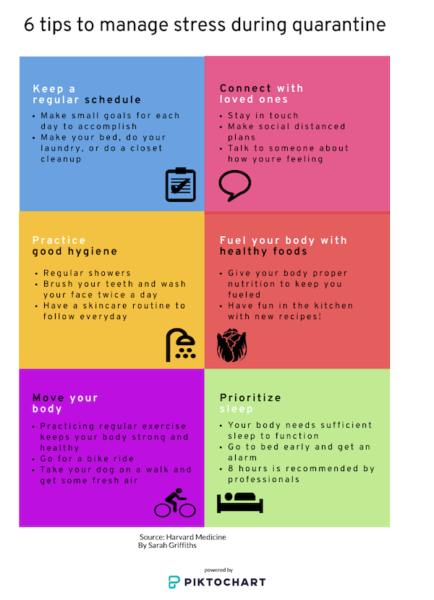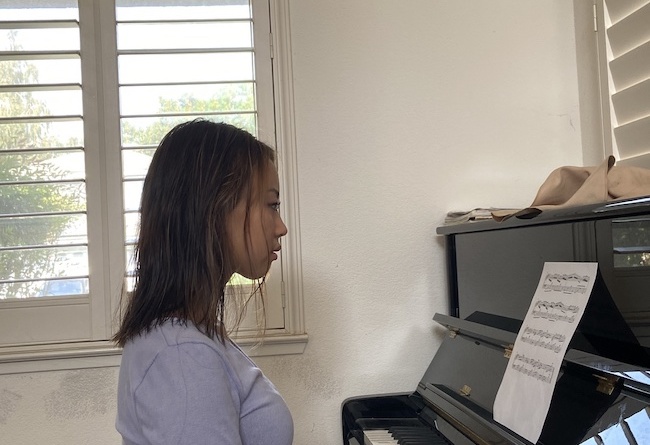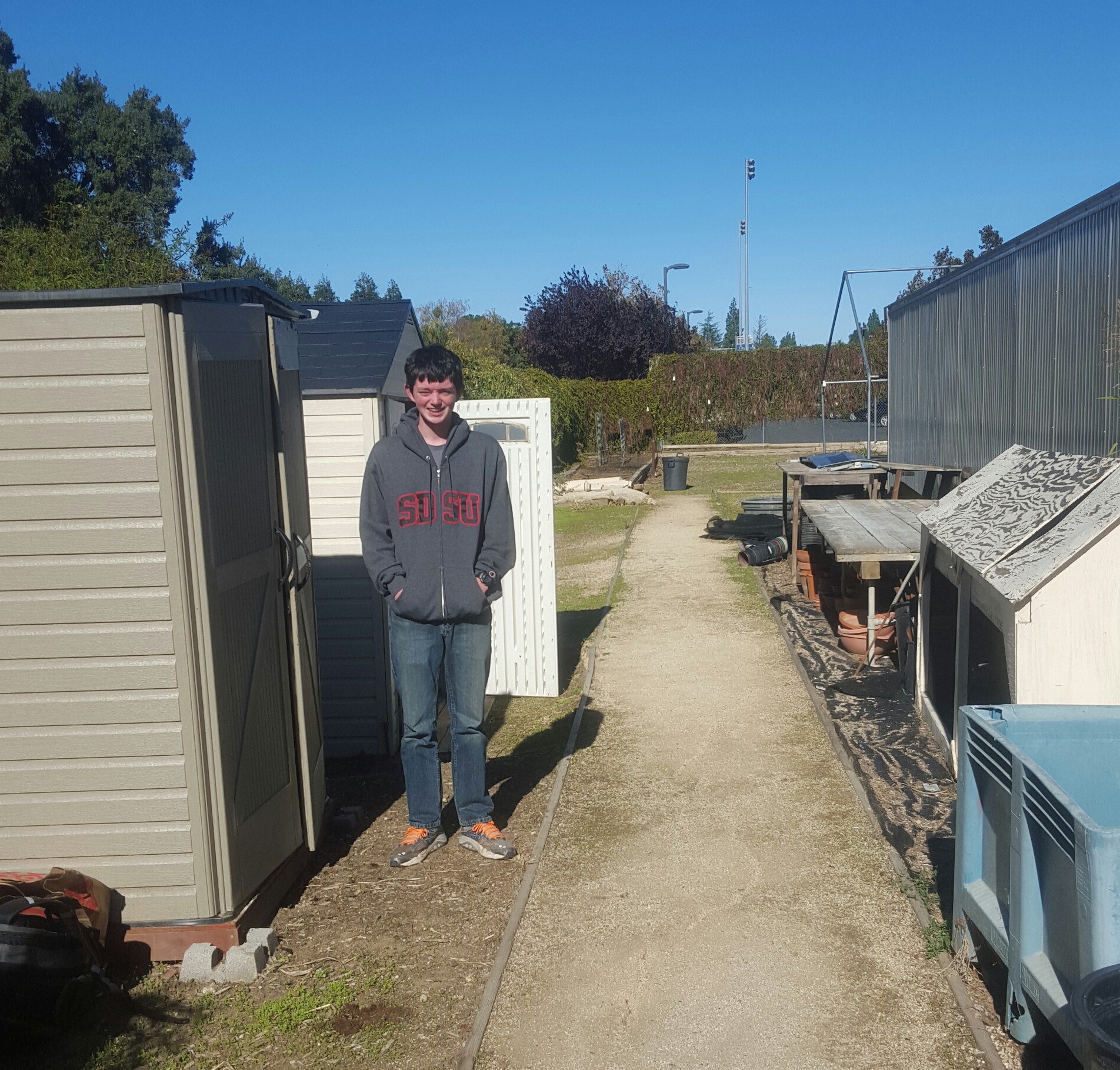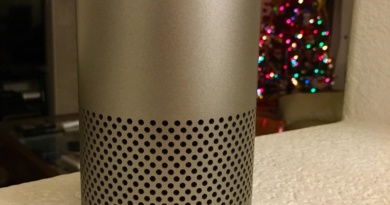Coping with COVID-19
Photo: Senior Emily Jiang plays piano to alleviate stress during quarantine.
By Sarah Griffiths,
BlueDevilHUB.com Staff–
While adolescents are less likely to experience physical symptoms from COVID-19, they are more likely to experience adverse effects to their mental health as a result of the traumatic events of this year.
Without Friday night football games, school dances and pep-rallies in the gym, teenagers across the country feel they are missing out on sacred aspects of the quintessential high school experience.
“Being with my teammates and cheering at football games was my favorite part of last year; I was so excited to start my second year of cheer and start practicing again,” sophomore Kenzie Martinez said.
Martinez’s feelings of disappointment are not uncommon. Feelings of anxiety and panic are widespread and continue to grow. However, it is nothing new to this generation of teenagers.
Before the COVID-19 outbreak, anxiety and depression in teenagers were already on the rise.
According to the Nuffield Foundation, the number of 15 and 16-year-olds who reported frequently feeling anxious or depressed has doubled in the last 30 years, from one in 30 to two in 30 for boys and one in 10 to two in 10 for girls.
Teenagers now have to deal with the fear and anxiety of the fast spreading disease, boredom from remote learning and stress of the uncertain future. On top of that, teenagers may harbor concerns about family members getting sick and their family’s financial status.
Davis High counselor Katherine Parker is concerned about students not being able to see their peers due to a variety of obstacles such as internet capabilities and health challenges that are magnified by the conditions of the pandemic.
“It is still possible to see each other over Zoom or by social distancing, but not everyone has the opportunity to do that or the ability to be in a ‘study pod,” Parker said.
Some common symptoms according to Mental Health First Aid include feeling restless, losing interest in usually enjoyable activities, finding it difficult to feel happy, worrying about going to public spaces and obsessing over the situation to the point where you can’t think of much else.
Coping with stress in a healthy way can help make communities stronger. Senior Emily Jiang has kept herself distracted with hobbies she enjoys.
“I’ve been doing yoga to relax and clear my mind as well as move my body and I’ve also been playing the piano because it’s exciting to hear the song develop through practice. It also helps me take my mind off things,” Jiang said.
The Center for Disease Control (CDC) suggests teenagers learn about COVID-19. Knowing the facts and stopping the spread of rumors about COVID-19 can help teenagers feel more in control of what is happening.
Making a routine to regularly stick to and taking care of physical health can also contribute to a clearer mental state according to GreenBrook NeuroHealth Center. This includes eating nutritional foods, exercising regularly and getting enough sleep.
Junior Logan Green has been playing many sports and games with family members to keep busy.
“We have been spending a lot of time with each other and avoided spending time with non relatives,” Green said.
Green has noticed a decline in his mental health during quarantine.
“I know I missed out on great memories with my friends this summer and during this first semester of school because we can’t see each other,” Green said.
Parker suggests practicing mindfulness and having self compassion.
“Acknowledge your struggles, name them and talk about them with a trusted person. Your emotions are valid, make space for them and reflect upon them… draw, paint, write a song…. We are all grieving the loss of different things and we all experience grief and loss differently,” Parker said.
Senior Joseph Fields has felt an increase of anxiety from being inside and believes online learning is worsening his mental health.
“Online school is taking away time that people could be focusing on themselves and doing things they enjoy but also it is improving because it is giving people things to do. Personally, it gives me a lot of anxiety and this is already a very stressful time for everyone so it is worsening my mental health,” Fields said.
As the impact of social distancing cuts deeper into mental health, it is important to realize what is in and out of control during this global crisis.
“Give yourself space to stop and acknowledge the issue and then focus on what you can control. If this becomes very challenging to do alone, pull someone else in to support you or make an appointment with your counselor to process everything,” Parker said.





